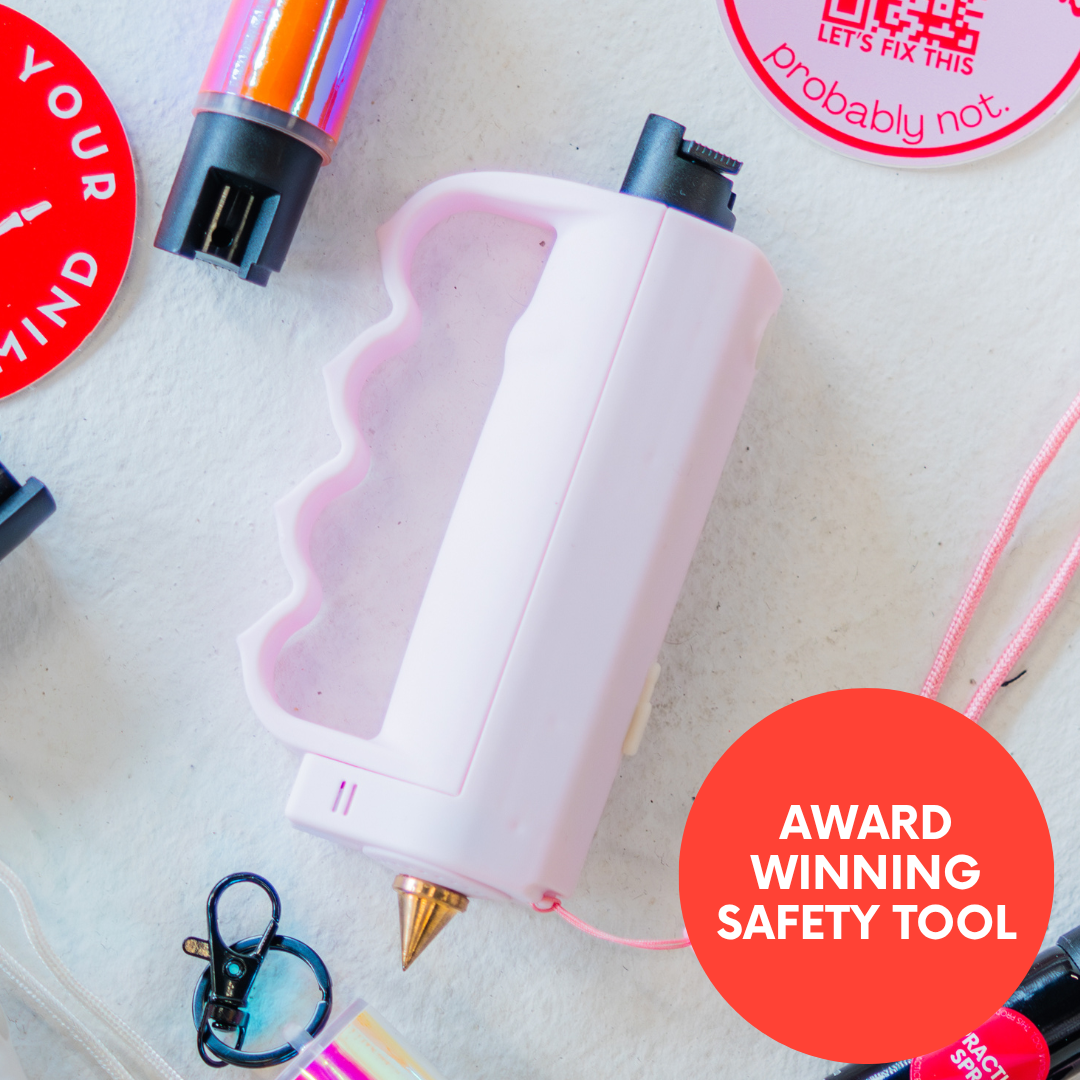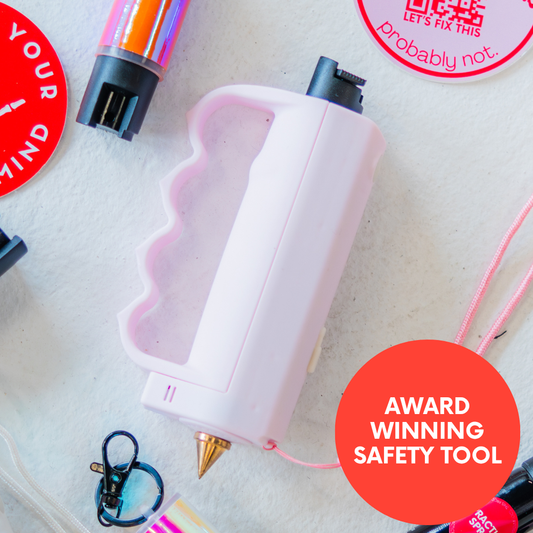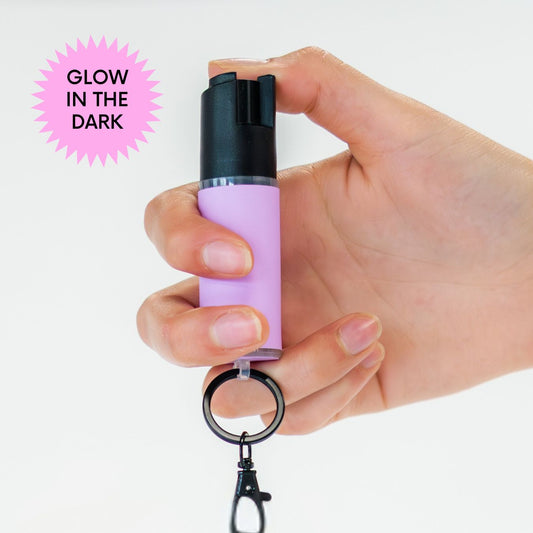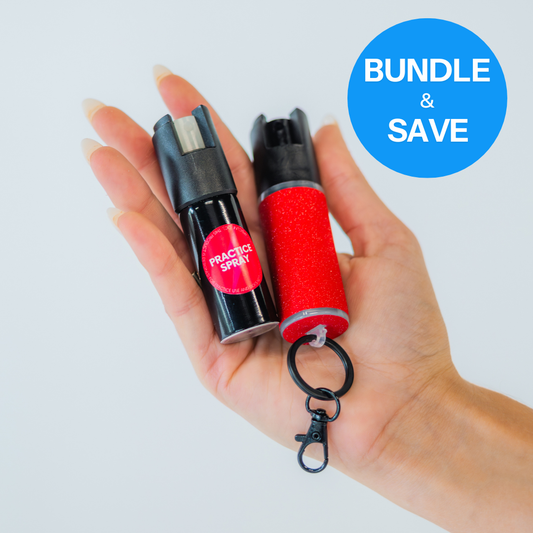No one likes to think about it, but understanding how target selection works can be a crucial part of staying safe.
Whether you’re walking down a busy street or hanging out on campus, being aware of what makes someone a potential target can help you avoid unwanted attention and keep yourself out of harm’s way.
Let’s break down what factors people consider when choosing a target and, more importantly, what you can do to make sure you’re not on their radar.
What Do People Look For in a Target?
When someone is looking to cause trouble—whether it’s a thief, an attacker, or anyone else up to no good—they usually look for easy opportunities.
Here are some common factors they consider:
- Distracted or Unaware Individuals: If you’re glued to your phone, listening to music, or just lost in your thoughts, you might not notice someone approaching. Distracted individuals are often seen as easy targets because they’re less likely to see trouble coming.
- Isolation: Being alone, especially in secluded areas, can make someone more vulnerable. Attackers often look for people who are by themselves and far from help.
- Perceived Weakness or Vulnerability: Body language speaks volumes. Slouching, avoiding eye contact, or looking nervous can make someone seem like an easier target. Conversely, appearing confident and alert can make you less appealing to potential threats.
- Predictability: Sticking to the same routine every day—like always walking the same route or leaving at the same time—can make it easier for someone to anticipate where you’ll be and when.
How to Avoid Being Targeted: Tips to Stay Safe
Now that we know what people look for in a target, let’s talk about what you can do to lower your risk and stay safe:
1. Stay Alert and Aware
One of the simplest and most effective ways to avoid being targeted is to stay aware of your surroundings.
Put your phone away, keep your head up, and scan your environment regularly, taking note of anyone who might be acting suspiciously.
Pro tip: Practice situational awareness by making it a habit to observe who’s around you when you enter a new space. A quick glance can go a long way in helping you spot potential red flags.
2. Walk with Confidence
Even if you’re feeling a little nervous or unsure, try to walk with purpose.
Keep your shoulders back, make eye contact if it feels safe, and move with a steady pace.
Confidence can be a major deterrent because it signals that you’re not an easy target.
Pro tip: If you’re ever feeling particularly anxious, pretend you’re on your way to meet someone or that you’re running late—it can help you project more confidence!
3. Stick to Well-Lit, Populated Areas
Whenever possible, choose routes that are busy and well-lit.
Avoid shortcuts through alleys, empty parking lots, or other isolated areas, especially at night.
If you’re in an unfamiliar place, take a moment to plan your route and stick to the main streets where there are more people around.
Pro tip: Familiarize yourself with safe zones on campus or in your neighborhood, like cafes, shops, or other places where you can quickly duck in if needed.
4. Mix Up Your Routine
Predictability can make you more vulnerable.
Try to vary your routine whenever you can—leave at different times, switch up your routes, and avoid patterns that someone could easily pick up on.
It doesn’t have to be a dramatic change, just enough to keep things less predictable.
Pro tip: Make a mental note of multiple safe routes to your usual destinations so you have options if something doesn’t feel right.
5. Use Safety Tools Wisely
Tools like pepper spray, personal alarms, or the Safely Sidekick can add an extra layer of security. Keep them within easy reach and know how to use them.
Having these tools on hand can help you feel more prepared, confident, and warn someone to not mess with you.
But remember—they’re most effective when used with awareness and good judgment.
Pro tip: Practice using your safety tools so you’re comfortable with them. The more familiar you are, the more confidently you can react if needed.
6. Trust Your Gut
Your intuition is a powerful tool.
If something doesn’t feel right, trust that feeling. Whether it’s crossing the street, leaving a situation, or asking for help, don’t hesitate to act on your instincts.
It’s always better to be safe and take action than to ignore your gut and regret it later.
Pro tip: Don’t worry about seeming rude or overreacting—your safety is more important than worrying about what others might think.
Final Thoughts: Make Safety a Habit
Staying safe is all about making smart choices and adopting habits that reduce your risk.
By staying alert, mixing up your routine, and carrying confidence with you wherever you go, you’re taking proactive steps to keep yourself off someone’s target list.
Remember, it’s not about living in fear—it’s about being prepared and aware so you can confidently navigate your world.
Whether you’re heading to class, going out with friends, or just running errands, keep these tips in mind. A little bit of awareness and confidence goes a long way in protecting your peace of mind.






